
The Modern Therapist's Survival Guide with Curt Widhalm and Katie Vernoy
Author: Curt Widhalm, LMFT and Katie Vernoy, LMFT
Subscribed: 633Played: 24,860Description
The Modern Therapist’s Survival Guide: Where Therapists Live, Breathe, and Practice as Human Beings It’s time to reimagine therapy and what it means to be a therapist. We are human beings who can now present ourselves as whole people, with authenticity, purpose, and connection. Especially now, when clinicians must develop a personal brand to market their private practices, and are connecting over social media, engaging in social activism, pushing back against mental health stigma, and facing a whole new style of entrepreneurship. To support you as a whole person, a business owner, and a therapist, your hosts, Curt Widhalm and Katie Vernoy talk about how to approach the role of therapist in the modern age.





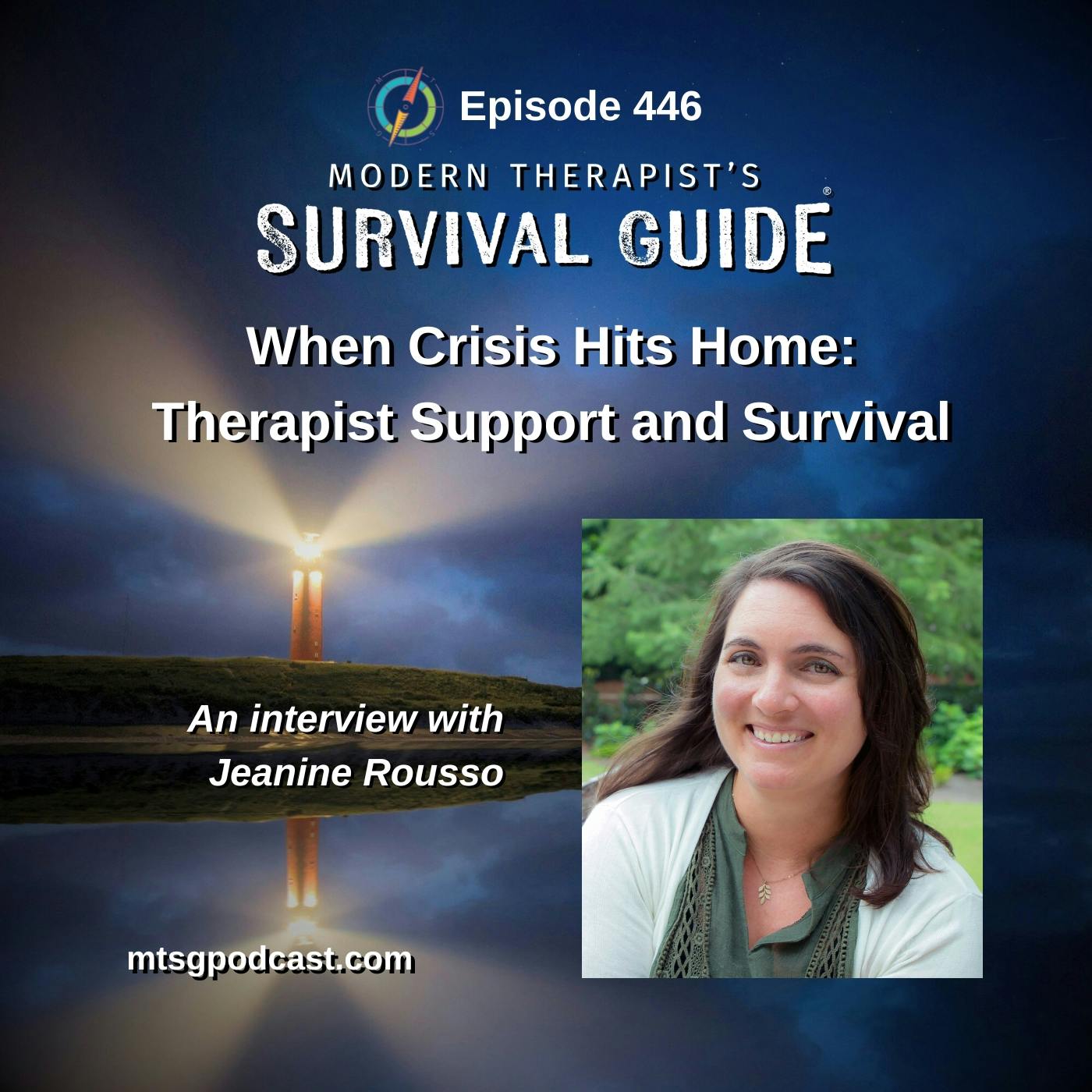
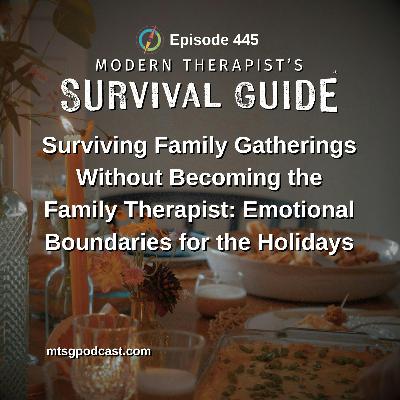
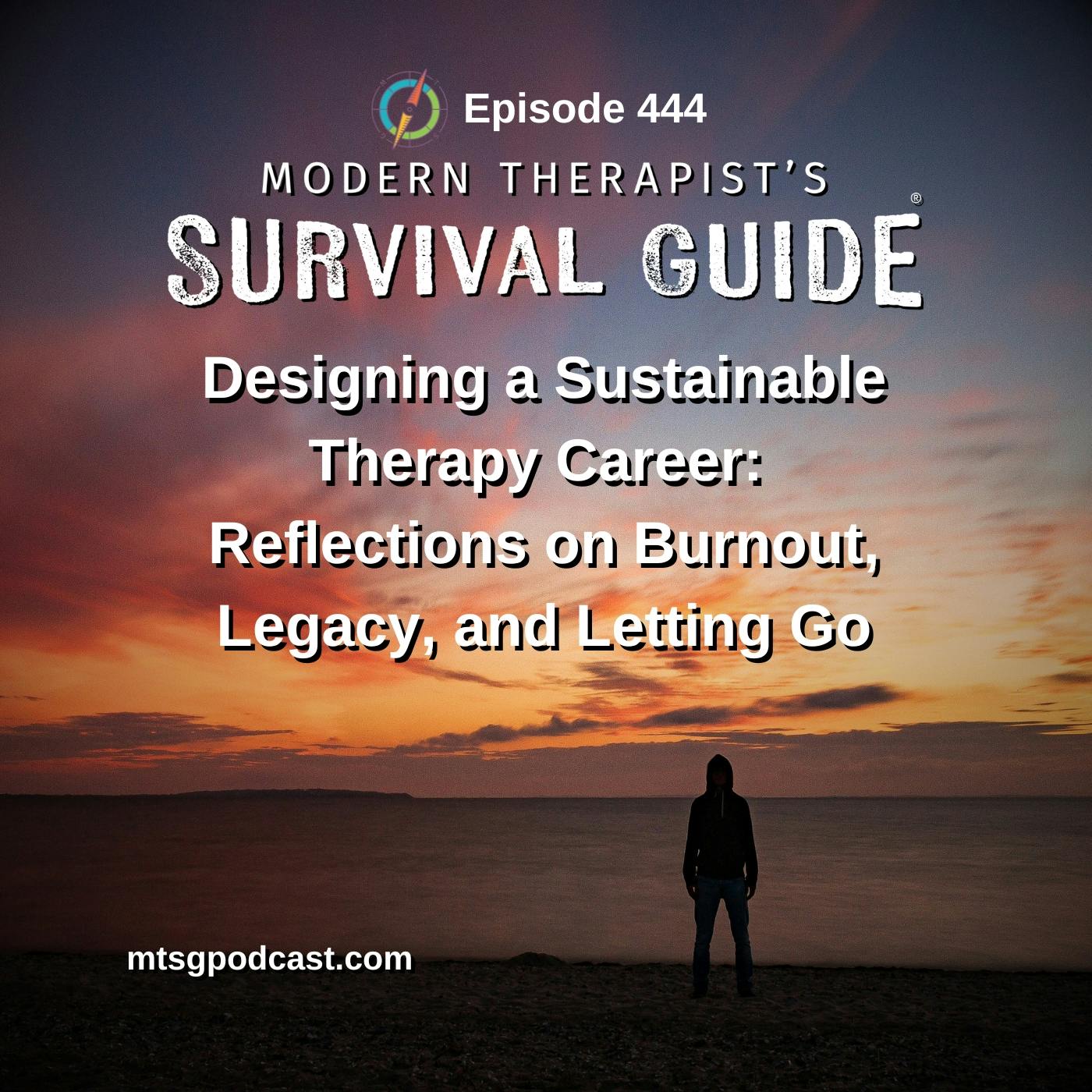





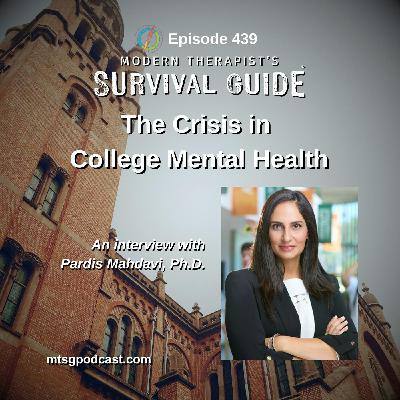



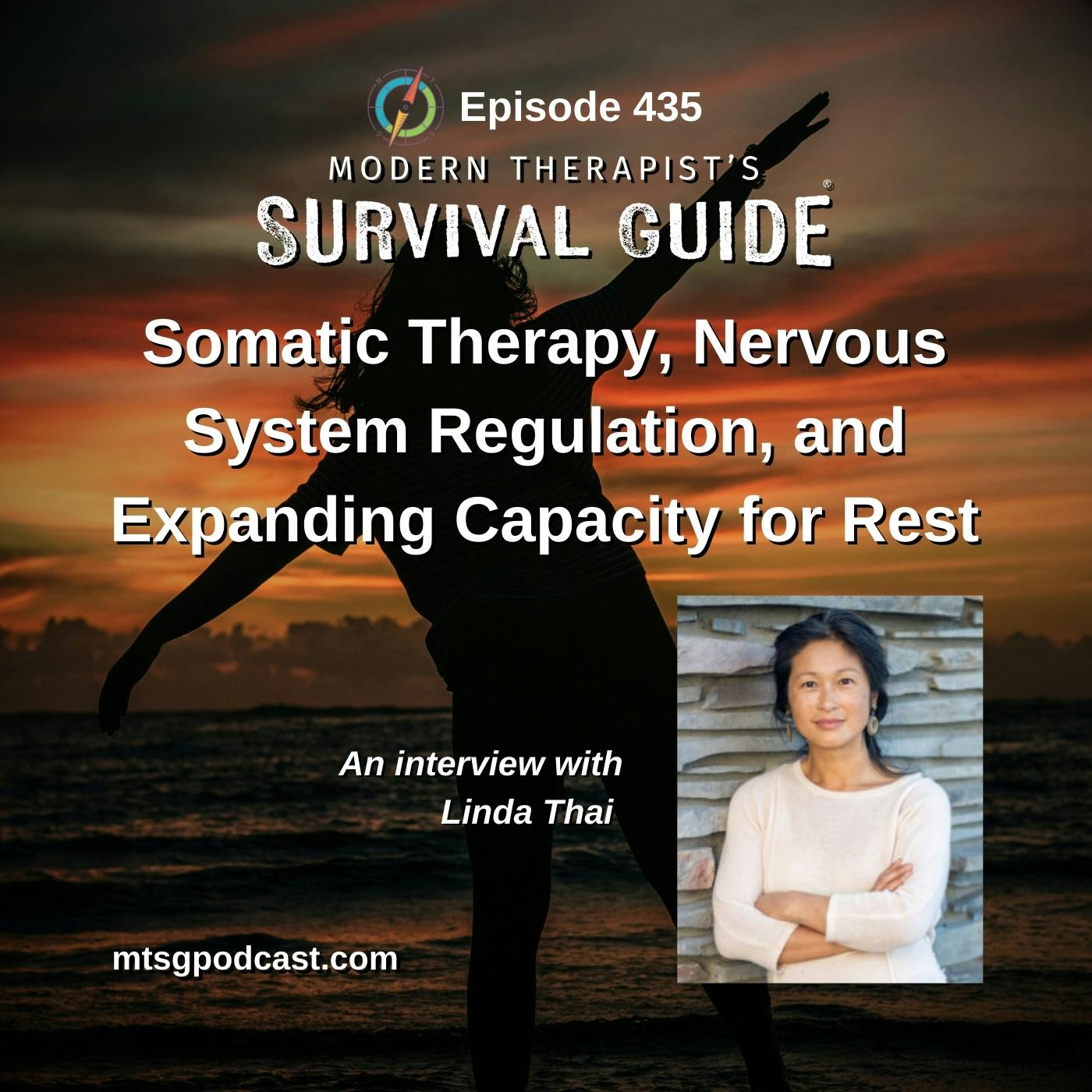

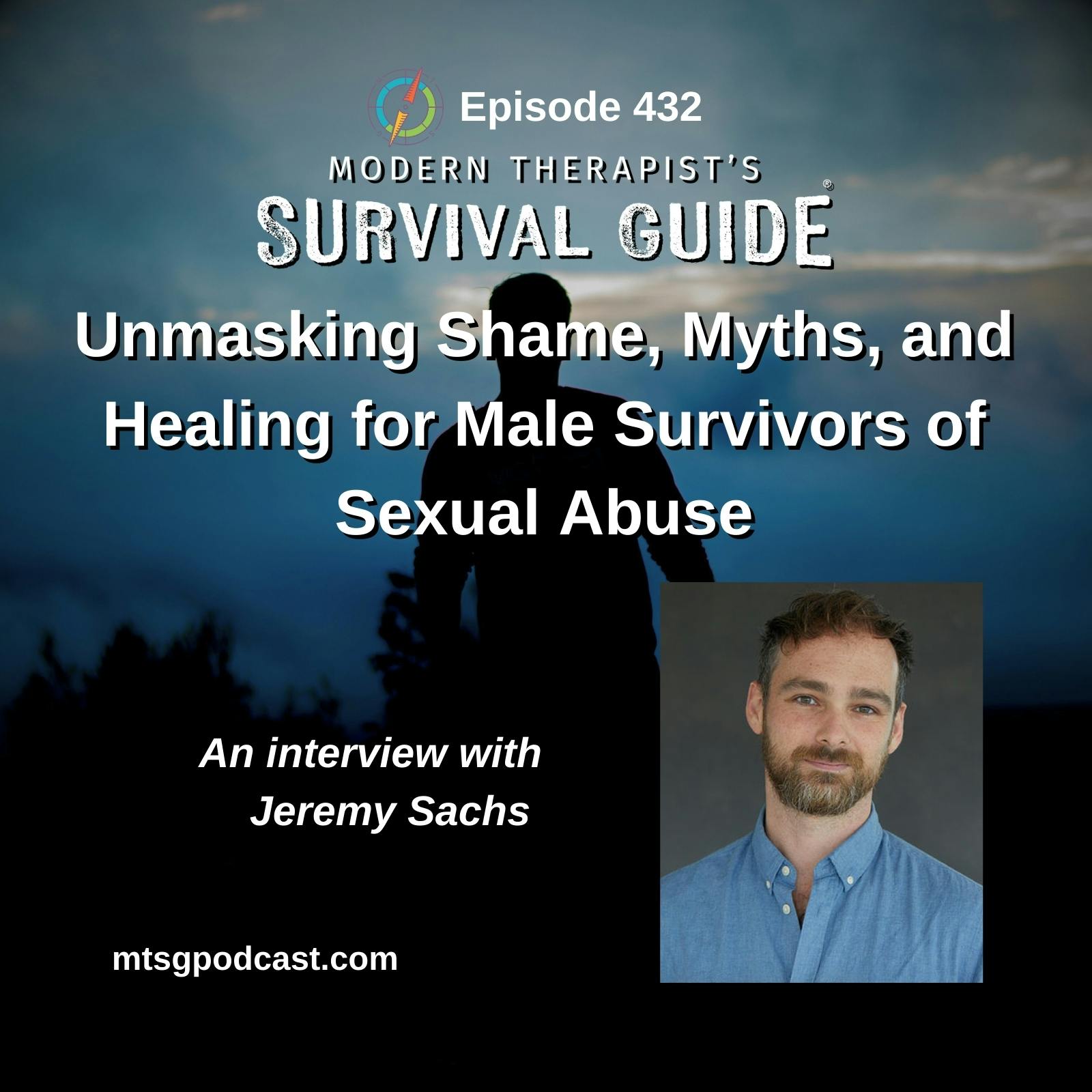
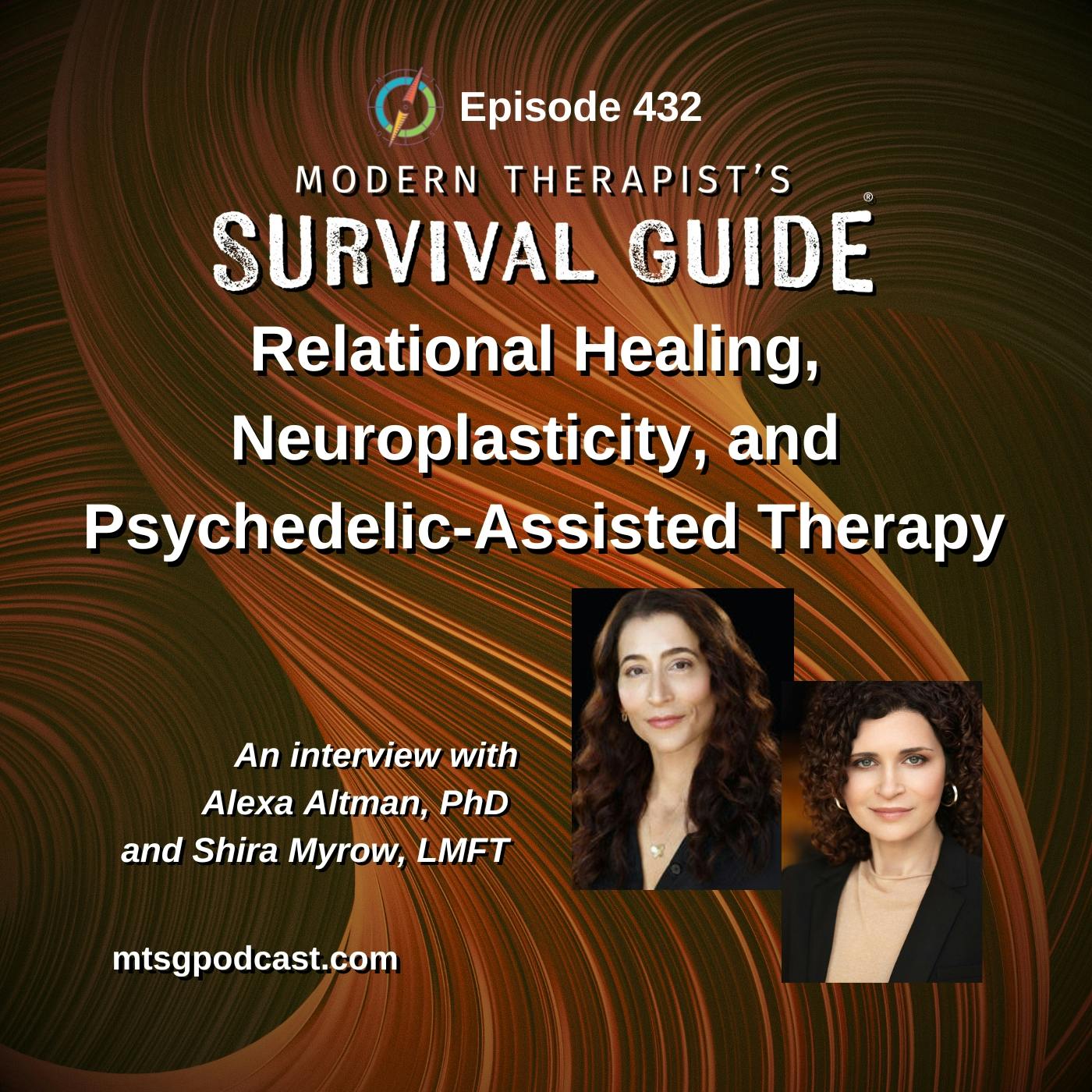




I totally agree with your opinion, it makes me feel easy to understand and grasp good idea https://word-unscrambler.io